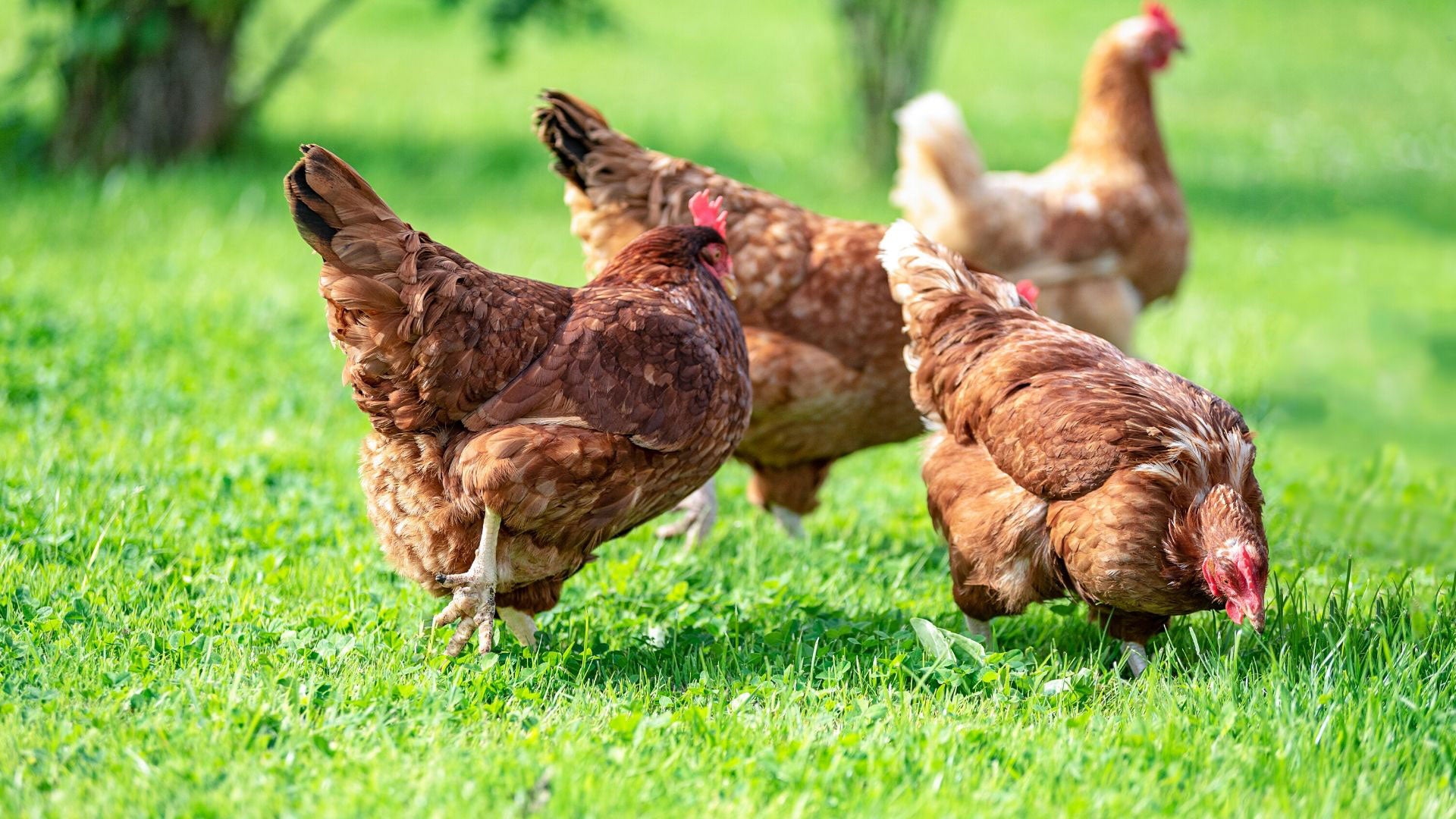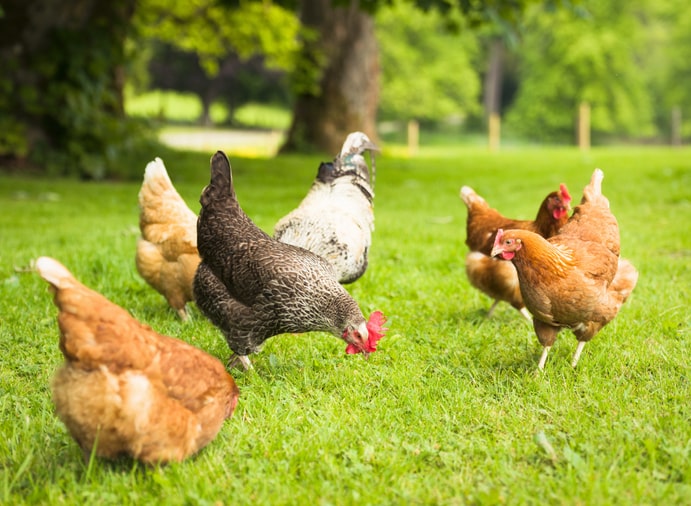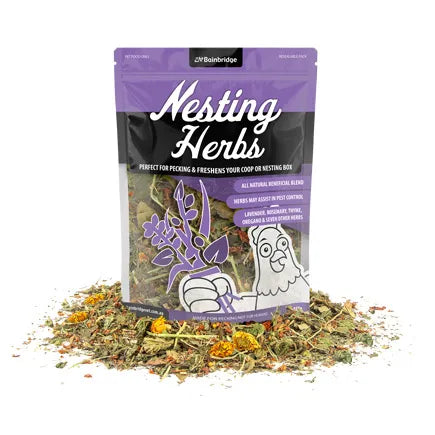
Chicken Housing & General Care
Whether you’re new to poultry keeping or looking to improve your current setup, focusing on housing and general care will give your chickens the best chance to thrive. Discover tips and tricks below.
POULTRY
Chicken Housing and General Care: A Beginner’s Guide

The Chicken Coop
A well-designed coop keeps chickens safe, dry, and comfortable.
Key features include:
Space – Allow at least 3–4 square feet per bird inside the coop. Overcrowding can lead to stress and feather pecking.
Ventilation – Good airflow reduces ammonia buildup and keeps air fresh. Position vents higher than roosts to avoid drafts on the birds.
Lighting – Natural light is best, but a supplemental bulb in winter can help maintain egg production.
Nesting Boxes – Provide one box for every 3–4 hens, lined with straw, wood shavings, or shredded paper.
The Chicken Run
Chickens love to roam, scratch, and forage. A secure run keeps them active and safe from predators.
Space – Aim for 8–10 square feet per bird.
Fencing – Use strong wire mesh to keep out foxes, dogs, and other predators. Bury wire 30 cm into the ground to stop digging.
Shade & Shelter – Provide shaded areas to prevent overheating in summer and protection from wind and rain.
Roosting Bars
Chickens naturally sleep off the ground. Install sturdy roosting bars about 30–60 cm high, giving each bird 20–30 cm of space.
Cleanliness
Coop Maintenance – Remove droppings and replace bedding regularly.
Deep Clean – Disinfect the coop every few months to control parasites and bacteria.
Dust Baths – Provide a shallow box filled with sand, dirt, or wood ash. Chickens naturally bathe in dust to keep feathers clean and mites away.
Feeding
A balanced diet keeps chickens healthy and laying.
Layer Pellets or Crumbles – These provide essential protein, vitamins, and minerals.
Scratch Grain & Kitchen Scraps – Good for variety but should be treats, not the main diet.
Grit & Oyster Shell – Grit aids digestion; oyster shell provides calcium for strong eggshells.
Fresh Water – Ensure a constant supply, changed daily.
Enrichment
Chickens are intelligent and curious animals. Keep them engaged with:
Hanging vegetables (like cabbage) to peck at.
Perches and logs to climb.
Safe free-ranging time in the garden.
Health Checks
Look out for signs of illness or parasites, such as:
Lethargy or reduced appetite
Pale combs and wattles
Feather loss or pecking wounds
Diarrhoea or unusual droppings
Explore Our Poultry Range
-
BAINBRIDGE POULTRY FEEDER 1KG
Regular price $9.75 AUDRegular price -
VETSENSE AVI-CALCIUM 125ML
Regular price $13.20 AUDRegular price -
WEIGHTED POULTRY NESTING EGG - 2 PACK
Regular price $9.95 AUDRegular price -
COCCIPROL 100G
Regular price $28.40 AUDRegular price

Happy chickens mean healthy eggs and a thriving flock!
By providing secure housing, proper nutrition, regular cleaning, and a stimulating environment, you’ll ensure your birds stay in peak condition year-round. Whether you’re new to poultry keeping or looking to improve your current setup, focusing on housing and general care will give your chickens the best chance to thrive.
Bainbridge
NESTING HERBS - 450G PACK
Share

 is here! Shop now, pay later in 4 easy installments
is here! Shop now, pay later in 4 easy installments




